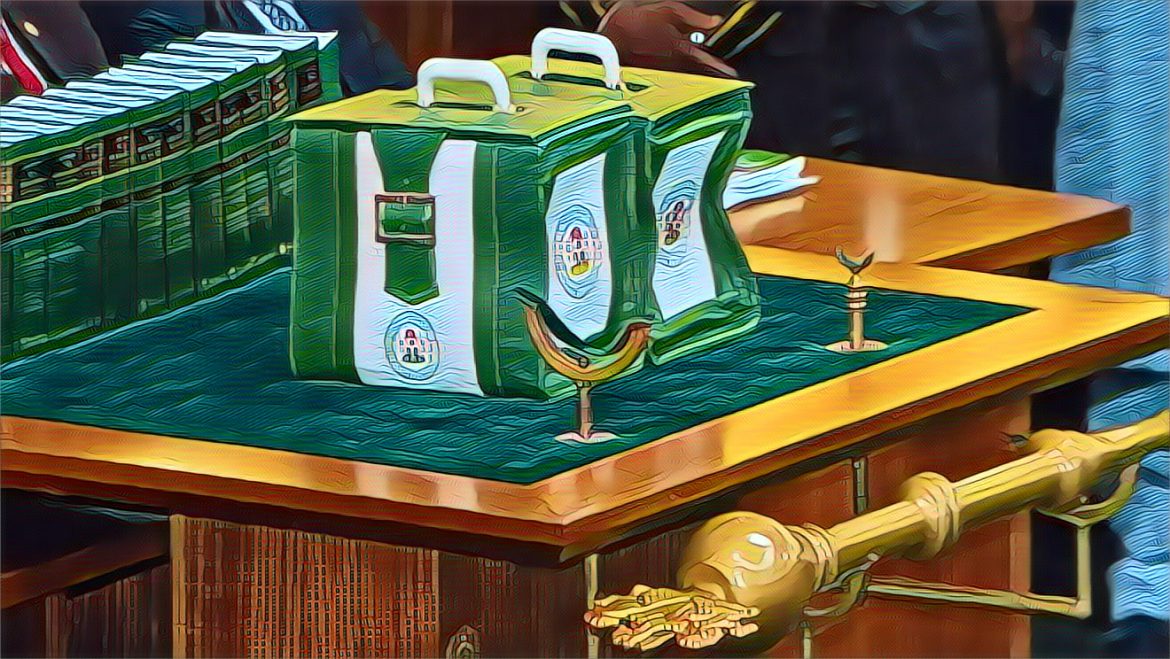A civic-tech organization, BudgIT, has raised the alarm over a huge mismatch in the proposed 2024 budget of Nigeria, which it says amounts to N3.42 trillion. The group claims that the actual size of the budget is N24.08 trillion, not N27.5 trillion as presented by President Bola Ahmed Tinubu to the National Assembly for approval.
BudgIT, which advocates for transparency and accountability in public finance, said in a statement on Monday that it discovered the discrepancy after reviewing the budget breakdown. It suspects that the difference is made up of the aggregate budgets of the Government-Owned Enterprises (GOEs), which are not clearly stated in the budget document.
The group also pointed out several other issues with the budget, such as duplications, unrealistic revenue projections, excessive borrowing, and lack of crucial details for some ministries, departments, and agencies (MDAs).
According to BudgIT, the budget contains provisions for the renovation and digitization of the official residences of the president and vice president, which amounts to N283 billion. This is more than the capital budget of the Ministry of Solid Mineral Development and the Ministry of Steel Development combined, the group said.
BudgIT also noted that the service-wide vote, which is meant to address unforeseen circumstances and events, has increased from N198.95 billion in 2018 to N4.41 trillion in 2024, representing 16.03% of the budget. The group said that the service-wide vote envelope contains vague and ambiguous budget lines that create loopholes for corruption and waste.
Furthermore, BudgIT criticized the government for planning to borrow $7.8 billion and €100 million (approximately N6 trillion) to fund the Medium-Term Expenditure Framework (MTEF), while projecting a foreign borrowing of N1.77 trillion to finance the fiscal deficit of the 2024 budget. The group questioned the rationale behind seeking approval to borrow to fund budgets that are not yet in existence.
The group also lamented the absence of the budget breakdowns of the National Assembly, the Niger Delta Development Commission, the North East Development Commission, and some key revenue-generating entities, such as the Nigeria Ports Authority, the Nigeria Customs Service, and the Nigerian Maritime Administration and Safety Agency.
BudgIT urged the National Assembly to conduct a thorough examination of the budget and ensure that it prioritizes economic growth, reduces inequality, addresses poverty, tackles insecurity, bridges the infrastructure gap, and invests in human capital development.
The group said that it has identified ten plagues that the Tinubu administration should avoid in the 2024 budget and budget process, and will publish them in a forthcoming report.
The proposed 2024 budget of Nigeria has been met with mixed reactions from various stakeholders, including civil society organizations, labor unions, and economic experts. Some have praised the budget for its focus on infrastructure, social development, and poverty reduction, while others have criticized it for being unrealistic, unsustainable, and insensitive to the needs of the masses.
Nigeria, Africa’s largest economy, is facing multiple challenges, such as rising inflation, unemployment, insecurity, and debt. The country is also recovering from the impact of the COVID-19 pandemic, which plunged it into its second recession in five years in 2020. The government hopes that the 2024 budget will help to consolidate the economic recovery and achieve the objectives of the Economic Recovery and Growth Plan (ERGP).
Source: Business Day


